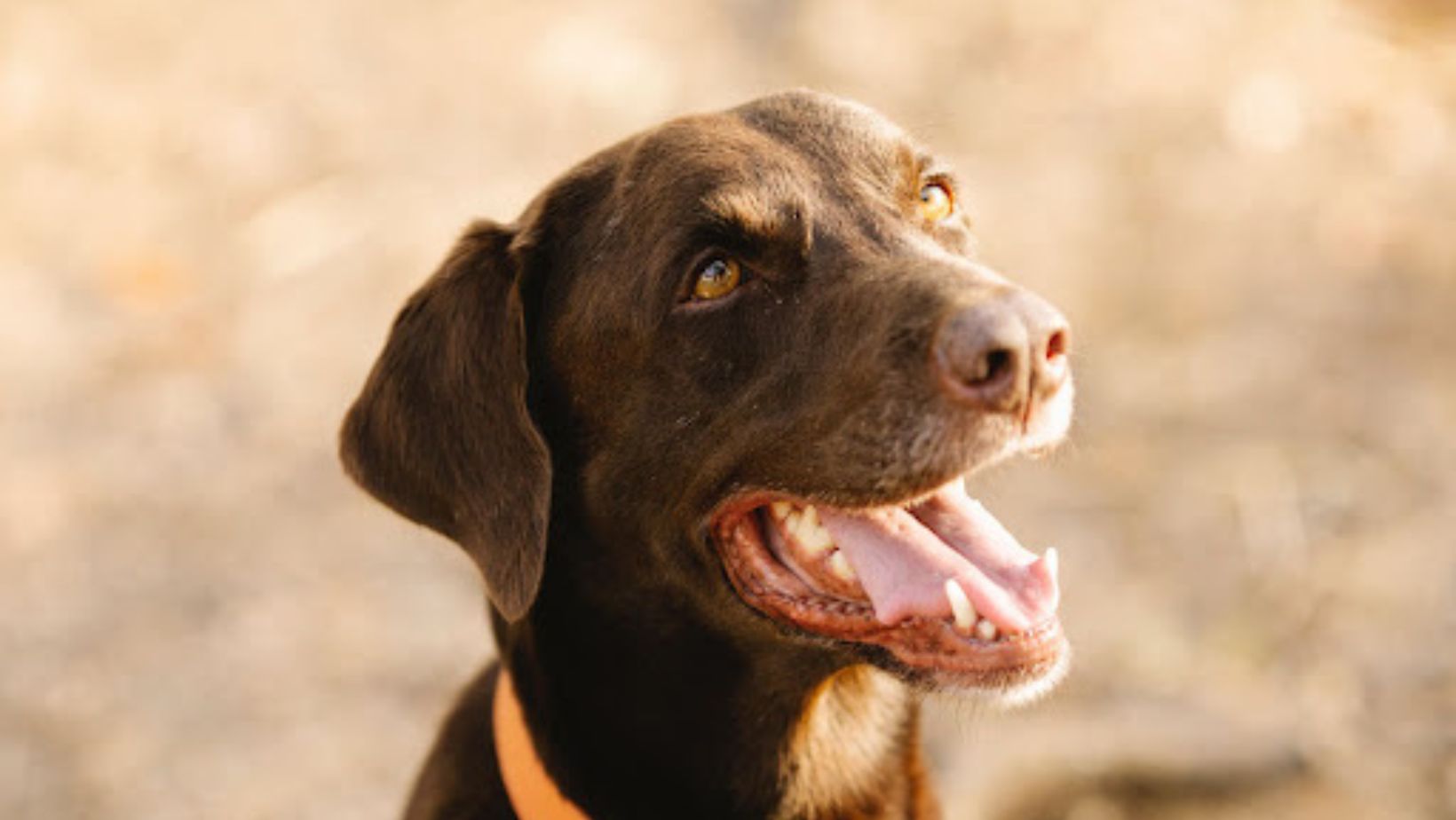Why is my Dog Hiccuping
Are you wondering why your beloved Labrador is experiencing hiccups? Well, you’re not alone. Many dog owners have been puzzled by this common occurrence. In this article, I’ll delve into the reasons behind your dog’s hiccuping episodes and specifically focus on Labradors.
Hiccups in dogs, including Labradors, can have various causes. One common cause is eating or drinking too quickly. When your pup gobbles down their food or water at lightning speed, it can lead to the ingestion of air, resulting in those pesky hiccups. Additionally, excitement or anxiety can trigger hiccups in dogs as well.
Another possible cause of hiccups in Labradors is irritation of the diaphragm. The diaphragm plays a crucial role in breathing and any irritation or muscle spasms can lead to involuntary contractions and subsequent hiccups. This could be caused by factors such as respiratory infections or even certain medications.
While occasional bouts of hiccups are generally harmless for Labradors, if they persist for an extended period or occur frequently, it may be worth consulting with a veterinarian to rule out any underlying health issues. Remember that every dog is unique and what triggers hiccups in one Labrador might be different from another.
In conclusion, if you find yourself asking “Why is my dog hiccuping?” When it comes to your lovable Labrador, consider factors such as fast eating habits or heightened emotions. However, if the hiccuping becomes excessive or worrisome, seeking professional advice will help ensure your furry friend’s well-being.

Understanding the Hiccuping Behavior in Labradors
Labradors are wonderful companions, but it can be quite perplexing when we see them hiccuping. As a dog owner, I’ve often found myself wondering why my furry friend is experiencing these sudden spasms. In this section, we’ll delve into the causes of hiccups in Labradors to shed some light on this peculiar behavior.
- Normal physiological response: Just like humans, dogs can experience hiccups too. Hiccups occur as a result of involuntary contractions of the diaphragm muscle, causing a sudden intake of breath followed by closure of the vocal cords. While occasional hiccups are considered normal and harmless for Labradors, persistent or frequent hiccups might warrant closer attention.
- Eating habits: One common cause of hiccups in Labradors is rapid eating or drinking. When your Labrador consumes food or water too quickly, it can lead to swallowing air along with their meal, triggering hiccups. This behavior is more commonly seen in puppies who tend to be overly enthusiastic during mealtime.
- Excitement or stress: Dogs are known for their burstiness and enthusiasm, which can sometimes manifest as hiccuping when they get excited or stressed. Whether it’s meeting new people, going on car rides, or experiencing any form of heightened emotions, these situations may trigger temporary bouts of hiccups in your Labrador.
- Gastrointestinal issues: Hiccups can also be a sign that something isn’t quite right with your Labrador’s digestive system. Conditions such as acid reflux or gastritis could contribute to the development of hiccups due to irritation in the esophagus or stomach.
- Other underlying health conditions: While rare, persistent and chronic hiccups could indicate an underlying health issue such as respiratory problems (e.g., kennel cough), heart disease, or even neurological disorders. If you notice that your Labrador’s hiccups are persistent, frequent, or accompanied by other concerning symptoms, it’s crucial to consult with a veterinarian for a proper diagnosis.
Understanding the causes of hiccuping behavior in Labradors can help ease any concerns and ensure the well-being of your furry friend. Remember, occasional hiccups are usually harmless and may simply be a result of normal physiological processes or everyday excitement. However, if you have any doubts or notice any unusual patterns, don’t hesitate to reach out to your veterinarian for guidance and assistance.